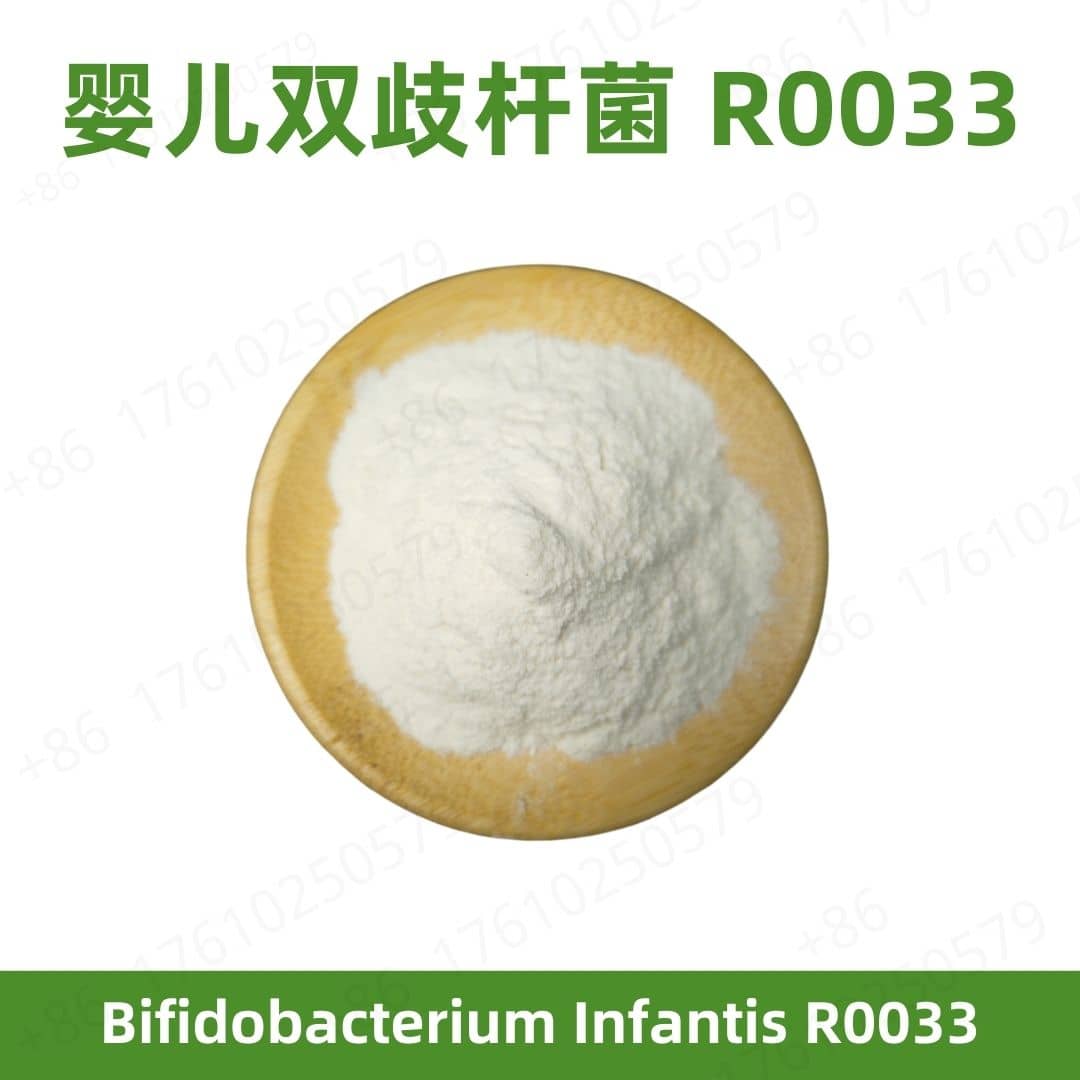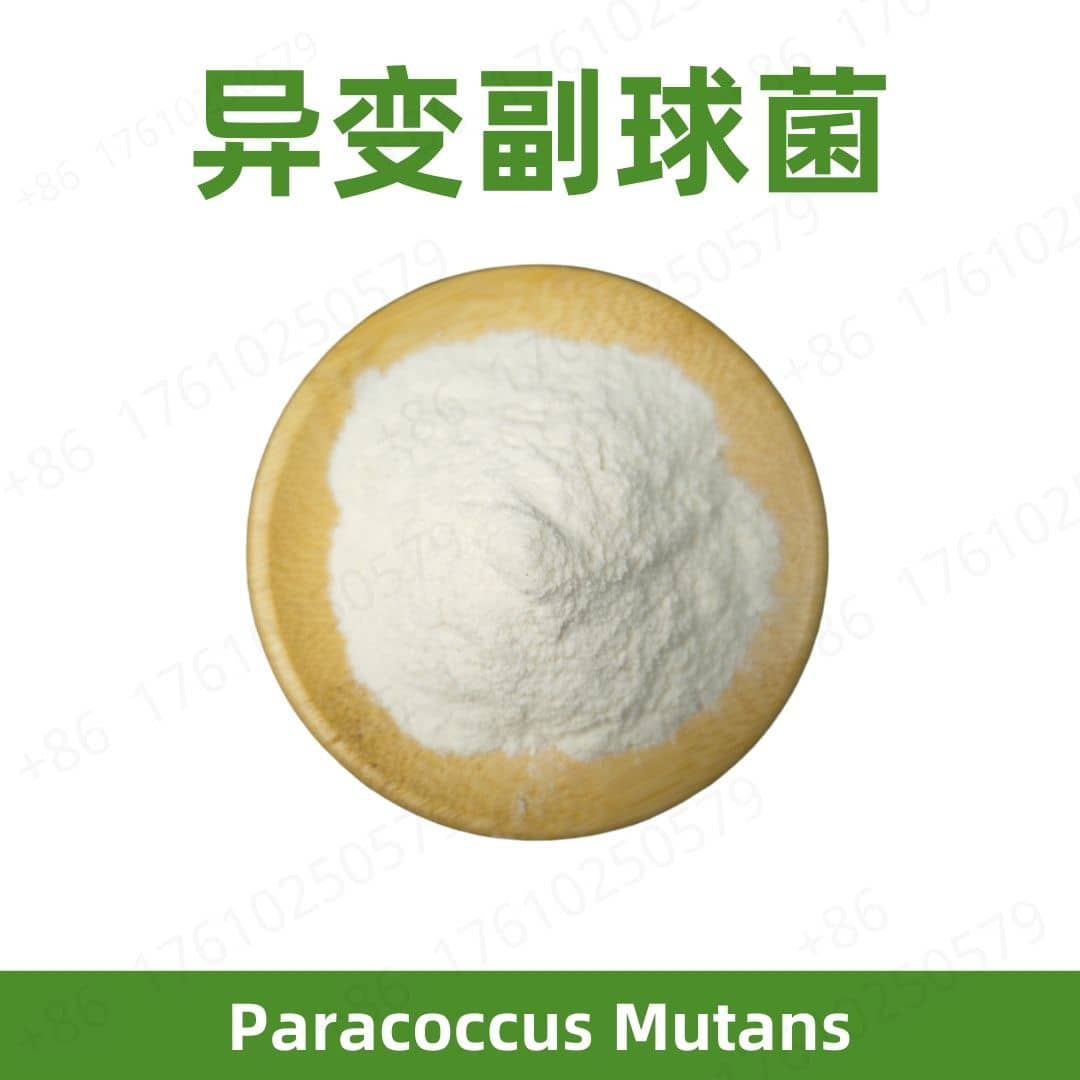Product Introduction
Rhizopus oryzae is a filamentous fungus belonging to the genus Rhizopus. This microorganism is well-known for its use in traditional fermentation processes, particularly in Asian cuisine. It is notably utilized in the production of fermented foods such as soy sauce and miso. As a type of probiotic, Rhizopus oryzae offers potential health benefits due to its ability to support gut health and enhance digestion.
Production Process
The production of Rhizopus oryzae involves cultivating the spores in a controlled environment. First, the spores are inoculated on suitable substrates such as rice or soybeans. During the fermentation process, the fungus grows and develops mycelium, which then metabolizes the substrate, breaking down complex compounds. This process not only generates beneficial enzymes but also contributes to the distinct flavors associated with fermented products. After sufficient growth, the culture is harvested, and the mycelium is dried or processed for various applications.
Product Benefits and Functions
Rhizopus oryzae is recognized for its several beneficial properties. It aids in the digestion of complex carbohydrates, making nutrients more bioavailable. The enzymes produced by this fungus, such as amylase and protease, help to break down starches and proteins, promoting better nutrient absorption. Additionally, Rhizopus oryzae is known to support the growth of beneficial gut bacteria, contributing to overall gut health. Its inclusion in the diet can also contribute to improved immune function and may help in maintaining a balanced microbiome.
Product Application Scenarios
Rhizopus oryzae finds applications in various sectors. In food production, it is integral to the fermentation of traditional sauces, such as soy sauce and miso, where it enhances flavor and texture. In the health and wellness industry, it is incorporated into probiotic supplements aimed at improving digestive health. Furthermore, Rhizopus oryzae is utilized in enzyme production for use in food processing and biotechnology, making it versatile in both culinary and industrial contexts.
Packaging and Storage
Storage Conditions: Store in a sealed, light-proof container, away from high temperatures, in a dry, cool, and well-ventilated place.
Packaging: Bulk: 25kg/cardboard drum; Sample: 1kg/aluminum foil bag; Custom packaging available upon request.
Shipping Methods: FedEx, DHL, dedicated logistics, and sea freight consolidation.
Shelf Life: Two years
Monica Sun possesses extensive technical expertise and market insights in the food additives industry. She excels in designing efficient and safe additive formulations tailored to various food applications, ranging from sweeteners to functional dietary fibers. Monica has successfully assisted food manufacturers in optimizing ingredient combinations to enhance product quality and improve consumer satisfaction.

















